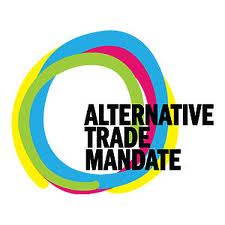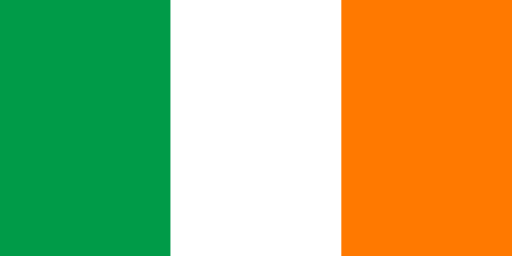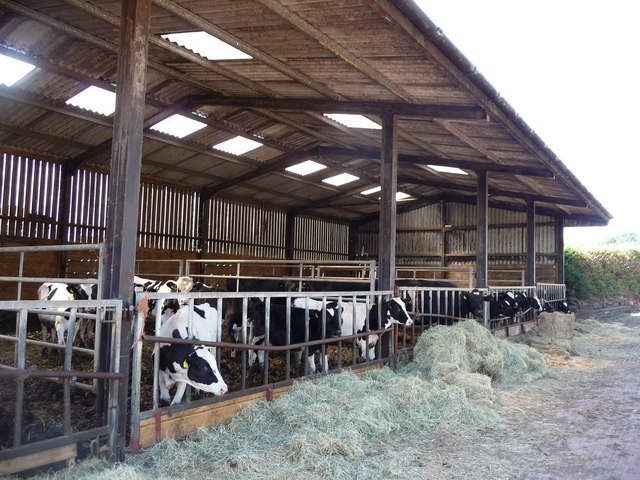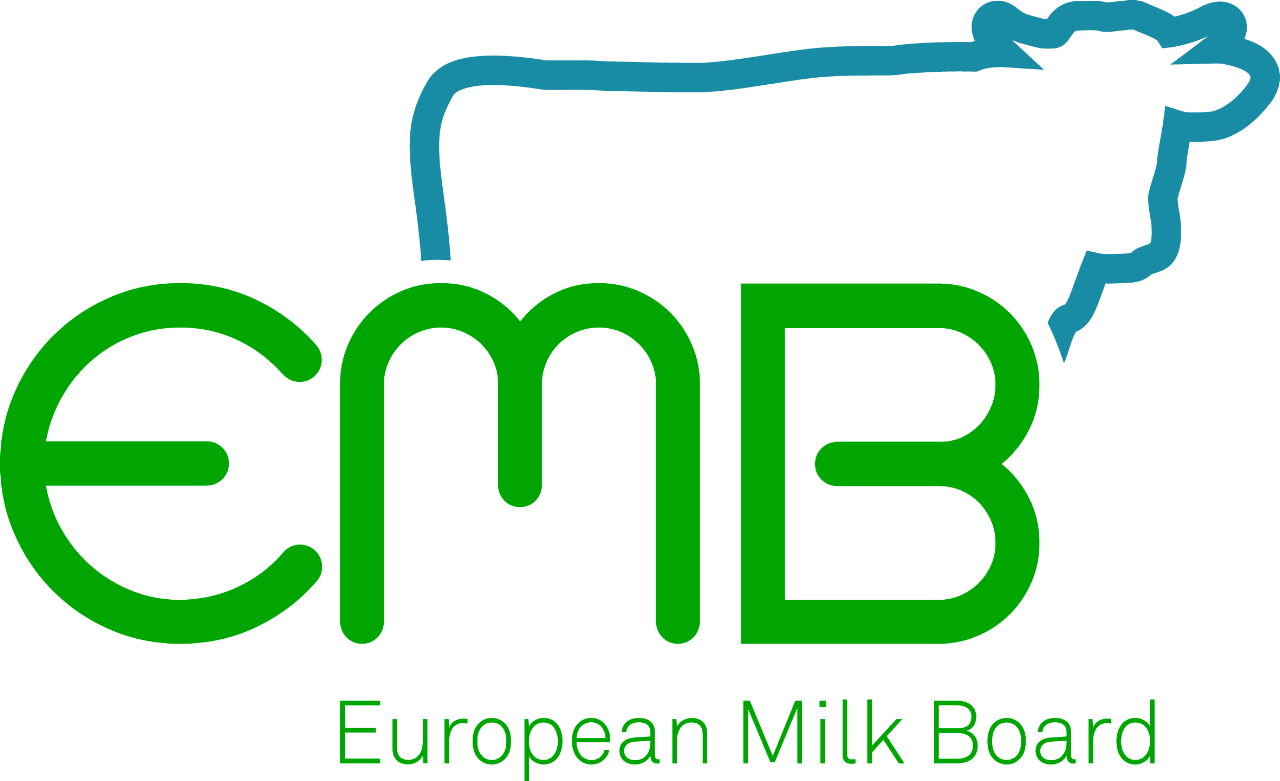EMB Newsletter November 2013
Newsletter as PDF
Contact
European Milk Board
Rue du Commerce 124
B-1000 Brussels
Phone: 0032/2808/1935
Fax: 0032/2808/8265
E-Mail: office@europeanmilkboard.org
Website: http://www.europeanmilkboard.org
Newsletter as PDF
Contact
EMB - European Milk Board asbl
Rue de la Loi 155
B-1040 Bruxelles
Phone: +32 - 2808 - 1935
Fax: +32 - 2808 - 8265
Dear Dairy Farmers and Interested Parties,
In mid-October after years of negotiations the EU and Canada concluded a free trade agreement. Nobody is really satisfied with the result, though. “Cheese for beef”, is how the French newspaper Le Monde summed up the agreement. The Canadians are to import more cheese from Europe (the majority of cheese imports into Canada already come from the EU anyway), in return the Europeans more beef from Canada.
Even if the deal lacks the definitive approval of the respective parliaments, the small producers on both sides of the Atlantic are already manning the barricades. For they fear being crushed under the wheels of transatlantic free trade.
This demonstrates yet again what unbridled market liberalisation can unleash. The line of approach is dictated solely by the needs of the multinationals, and then the bill has to be paid by the small producers who have committed to fair, environmentally- and consumer-friendly farming. Traditional family farms in the milk market fare no differently. Here, too, there should really be an insistence on greater regulation instead of giving free rein to the devastating market forces for good by abolishing the EU milk quotas in 2015.
None of this bodes well for the even more comprehensive free trade agreement between the USA and the EU, which is being negotiated behind closed doors with no transparency whatsoever. For low US milk production standards using growth hormones certainly have no business in the EU. The policy-makers in Brussels must finally realise that!
Fortunately, though, public resistance to a policy of unrestricted market liberalisation is growing. That is why the European Milk Board and its member organisations are also supporting initiatives like the Alternative Trade Mandate (see the invitation to the kick-off event in this issue of the EMB Newsletter) and the Alliance D19-20 in Brussels, which have begun to give effective organisation to this civil society opposition for a fairer trade/economic order.
Sieta van Keimpema (Vice-President of the EMB)
Belgian dairy farmers meet the President of the European Commission
According to reports from the Internet portal Ostbelgien Direkt and the daily newspaper L’Avenir, on 17 October dairy farmers from the Belgian EMB member organisation MIG met the President of the European Commission José Manuel Barroso in the Belgian city of Liège. Headed by EMB Board member Erwin Schöpges, the farmers took the opportunity to state their standpoint on the future of milk production in Europe and Belgium.
In the meeting the MIG members primarily made it clear that Mr Barroso as President of the European Commission ought to stop promoting solely industrial agriculture.
No more business as usual
Please find below the invitation for a debate, action & celebration to launch the Alternative Trade Mandate (ATM) on 26-27 November 2013, Brussels
The current trading system isn’t working. Tons of food – often unsafe – get thrown away while millions of people go hungry. EU trade policy has played a significant role in causing and exacerbating the current crises in our economy, food, energy and the environment. But the recent launch of the EU-US trade negotiations shows that the EU wants more of the same, namely destructive trade agreements which eliminate social and environmental safeguards in pursuit of corporate profit.
Current Situation in Dairy Farming in Ireland
The year 2013 has seen two very different sides of dairy farming in Ireland. The first half of the year was characterised by poor weather conditions and high levels of feed inputs. This led to higher costs and high levels of debt on Irish dairy farms. However the second half of the year has seen exceptionally good weather conditions leading to above average grass growth and a substantial increase in milk supply all over the Island.
October itself has proved to be another mild month with pastures filled with grass and plentiful forage for the winter months ahead.
Economic situation of dairy farmers in Germany tense for some time now
The dairy farms are still a long way from recovering from the economic consequences of the milk crisis. That is the upshot of an evaluation of data from the accountancy data network and the EU Farm Accountancy Data Network (FADN) carried out by the Büro für Agrarsoziologie und Landwirtschaft (BAL) in Germany commissioned by the MEG Milch Board.
First of all Dr. Karin Jürgens (BAL) studied the long-term development of farm income (net value added) taking into account the loss in purchasing power. Milk producers’ real income in the last 20 years has not only not risen, it has even fallen markedly compared to the base year 1991.
Northern Ireland: Farmers for Action push for Cost of Production legislation
Farmers For Action (FFA) in Northern Ireland have grabbed an opportunity to push the Agriculture Committee at Northern Ireland’s regional parliament to request a bill for legislation stating that Northern Ireland's farmers must be paid at the farm gate a minimum of the cost of production for their produce plus a margin to act as a safety net. This idea originally started with a CAP stakeholders’ submission by the organisation Fairness for Farmers in Europe – of which FFA is a member – sent to the European Commission back in January 2011.
EMB Calendar
Please find below some of the most important events in November 2013:
5.11.: Advisory group on milk of the European Commission in Brussels
6.11.: Debate on EU-US free trade agreement (TTIP) in the European Parliament, Brussels
26/27.11: EMB general assembly in Hamburg, Germany
28.11.: Presentation of the Italian fair milk project in Milan, Italy
Full Texts
Belgian dairy farmers meet the President of the European Commission
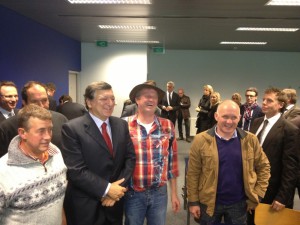
According to reports from the Internet portal Ostbelgien Direkt and the daily newspaper L’Avenir, on 17 October dairy farmers from the Belgian EMB member organisation MIG met the President of the European Commission José Manuel Barroso in the Belgian city of Liège. Headed by EMB Board member Erwin Schöpges, the farmers took the opportunity to state their standpoint on the future of milk production in Europe and Belgium.
In the meeting the MIG members primarily made it clear that Mr Barroso as President of the European Commission ought to stop promoting solely industrial agriculture. By doing so, they said, he was acting purely in the interests of multinational companies and banks. What was important, on the other hand, was to give the farmers a fair wage for their labour, because only in this way could traditional and family farms have a future. That is why after the end of the EU milk quotas in 2015 supply management was needed in the milk market to enable the dairy farmers to work and cover their costs. So Erwin Schöpges’ appeal to the President of the Commission was a clear “Do something for us dairy farmers!”.
José Manuel Barroso would not accept this accusation and replied that he was no friend at all of the multinationals. He had nothing to do with them, he said. He was interested only in the common European agricultural policy. He showed willingness to have further discussions in the future and expressed his thanks for a gift of a photo depicting Belgian dairy cows, which reminded him of a region in his home country of Portugal.
Christian Schnier (EMB)

